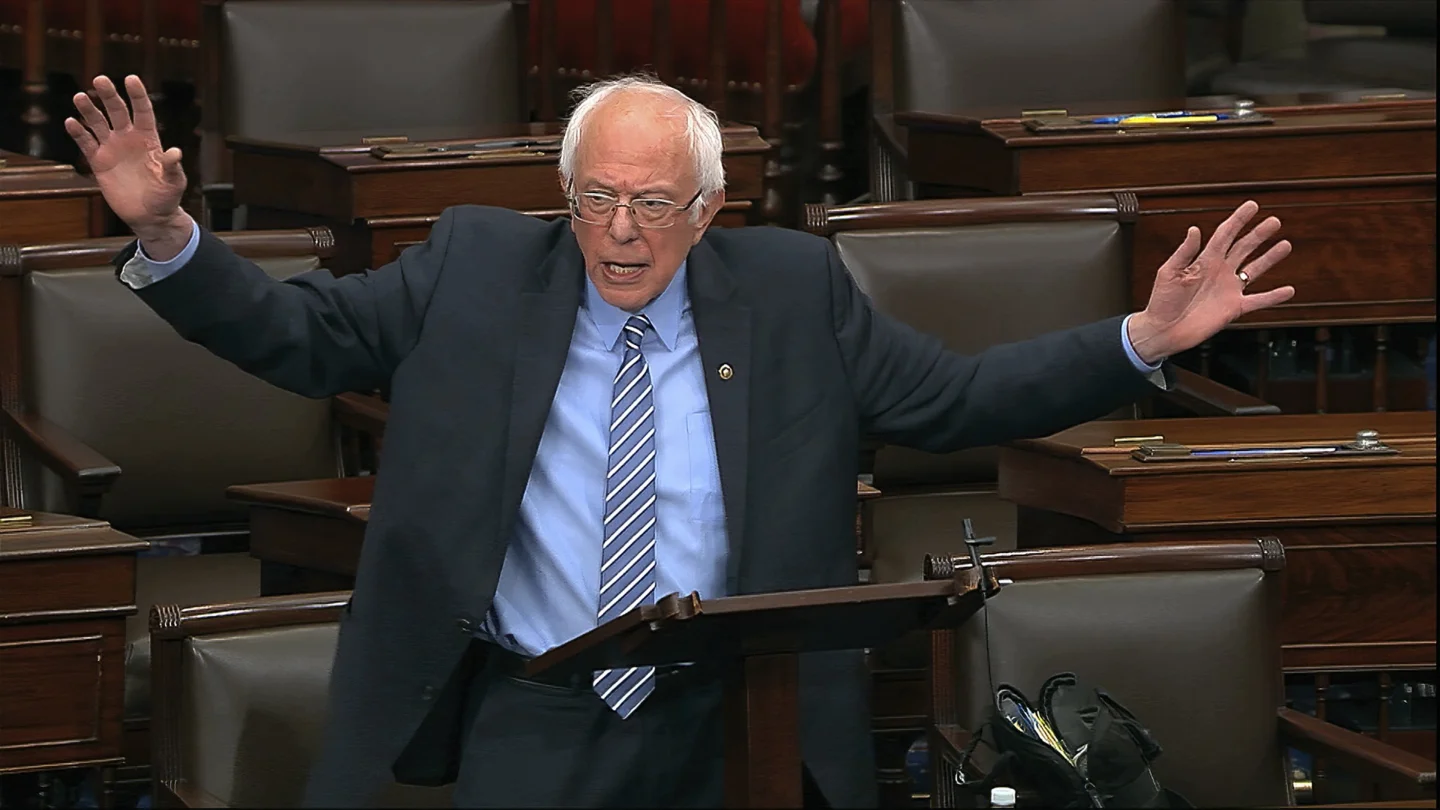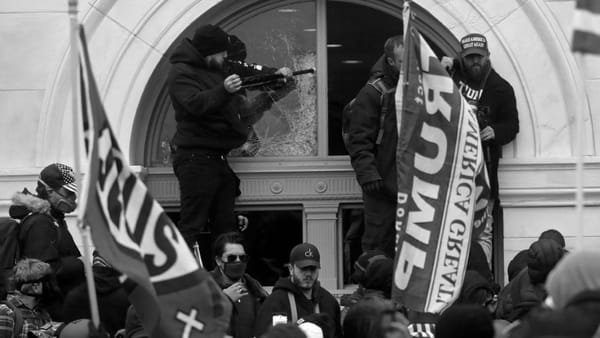Bernie Sanders' Gaza Vote Exposes Senators' Stance on U.S. Aid
In a landmark effort to spotlight U.S. foreign policy in the Gaza conflict, Senator Bernie Sanders introduced a resolution compelling his Senate colleagues to publicly declare their stance on the U.S.’s ongoing military aid to Israel.

In a landmark effort to spotlight U.S. foreign policy in the Gaza conflict, Senator Bernie Sanders introduced a resolution compelling his Senate colleagues to publicly declare their stance on the U.S.’s ongoing military aid to Israel. With civilian casualties in Gaza soaring and accusations of genocide growing louder on the international stage, Sanders argued that moral accountability was long overdue.
“It is morally indefensible for the United States to continue providing military aid without conditions while innocent civilians are being killed and entire communities destroyed,” Sanders said on the Senate floor. “This vote is not about political alliances—it’s about human lives.”
The roll-call vote Sanders initiated exposed a stark divide in Congress, forcing senators to go on record about whether they condone the U.S.’s role in a humanitarian crisis that has drawn global condemnation.
A Nation at Odds Over Gaza
The ongoing conflict in Gaza has become a flashpoint in American politics, dividing lawmakers and the public alike. Reports from the United Nations estimate that more than 15,000 civilians, including over 6,000 children, have died in Gaza due to unrelenting airstrikes and a devastating blockade. Organizations such as Human Rights Watch and Amnesty International have described these actions as war crimes and possible genocide.
A Pew Research Center poll from November revealed a sharp split in public opinion: 54% of Americans believe U.S. aid to Israel should be conditioned on adherence to international humanitarian law, while 42% support the current policy of unconditional support for Israel.
Sanders’ resolution sought to clarify where the U.S. Senate stands in this debate, challenging what he called a “legacy of complicity” in enabling human rights violations.
The Vote: Lines Drawn in the Senate
In a chamber often marked by ambiguity on foreign policy, Sanders’ resolution demanded explicit accountability. Progressive Democrats, including Senators Elizabeth Warren, Ed Markey, and Jeff Merkley, supported the measure, calling for oversight to ensure U.S. aid is not used to fund war crimes.
“Unconditional military support undermines our credibility and contradicts our values,” Warren stated in a press release. “We must stand on the side of human rights and justice.”
Conversely, centrist Democrats and Republicans voted against the resolution, arguing that halting or conditioning aid to Israel could destabilize the Middle East and encourage Hamas. Senate Minority Leader Mitch McConnell criticized the measure as “reckless,” framing U.S. support for Israel as essential to national security.
Still, Sanders’ resolution had its intended effect: It forced senators who have historically avoided clear positions to take a definitive stance.
Global and Domestic Reactions
The vote quickly garnered reactions from across the political spectrum and around the globe. Human rights organizations praised Sanders for shining a spotlight on the humanitarian crisis. Amnesty International called the resolution “a necessary step to demand accountability for human rights violations.” At the same time, Kenneth Roth, former Executive Director of Human Rights Watch, tweeted, “Sanders has exposed the U.S. Senate’s complicity in enabling atrocities in Gaza.”
Pro-Israel advocacy groups such as AIPAC strongly condemned the resolution. “This vote undermines the U.S.-Israel relationship at a time when unity is critical to defeating terrorism,” AIPAC’s official statement read.
Internationally, the resolution was closely watched. European Union diplomats commended Sanders for his principled stand, with one official stating, “This is the type of accountability the international community has been calling for.” Meanwhile, U.N. Secretary-General António Guterres reiterated his call for an immediate ceasefire, emphasizing that “the humanitarian catastrophe in Gaza cannot continue with impunity.”
A Moment of Moral Reckoning
For Sanders, the resolution represented more than a legislative effort—a moral reckoning. “This vote will be remembered,” he said during his closing remarks. “It will show who stood up for human rights and looked the other way.”
Though the resolution failed to pass in the Republican-controlled Senate, it forced an uncomfortable conversation about the human cost of U.S. foreign policy. By putting senators on record, Sanders shifted the debate from abstract policy to concrete accountability, paving the way for future challenges to the status quo.
The Gaza conflict remains unresolved, but Sanders’ resolution has left a lasting mark on the political landscape. For many, it underscored the importance of questioning long-held assumptions about U.S. foreign aid and the actual cost of silence.
At DayMark News, we are committed to exposing the rise of authoritarianism and its threat to democracy. In a time when disinformation spreads like wildfire and democratic institutions face relentless attacks, we need your support to keep the fight alive.
Investigative journalism is our weapon against authoritarian ideologies. We delve deep to uncover the truths others would rather keep hidden, while providing actionable resources to empower individuals like you to defend our democracy.
We believe in transparency, integrity, and the power of a well-informed public. But maintaining a platform dedicated to fearless reporting and mobilization requires resources. We refuse to bow to corporate interests or compromise our mission. That's why we turn to you — our community.
Every donation, big or small, helps us continue our work. With your support, we can produce the in-depth analyses, breaking news, and educational tools needed to resist the rise of extremist movements and protect democratic values for future generations.
This fight belongs to all of us. Together, we can ensure that democracy not only survives but thrives. Please consider making a contribution today to keep DayMark News strong and independent.
Donate Now: Because Democracy Can't Defend Itself.





